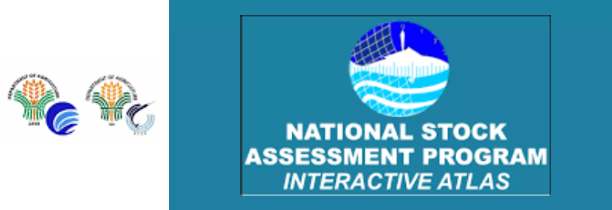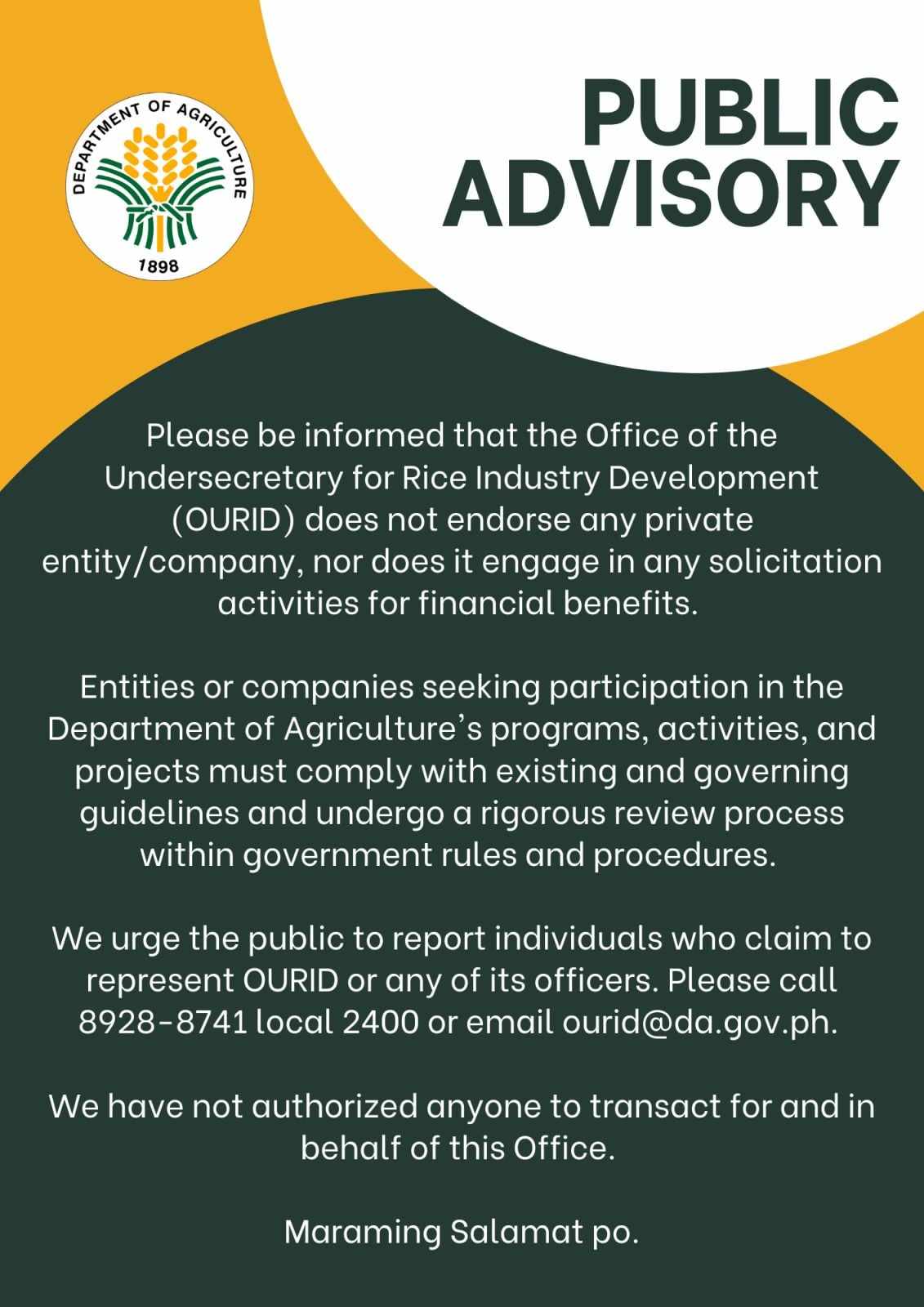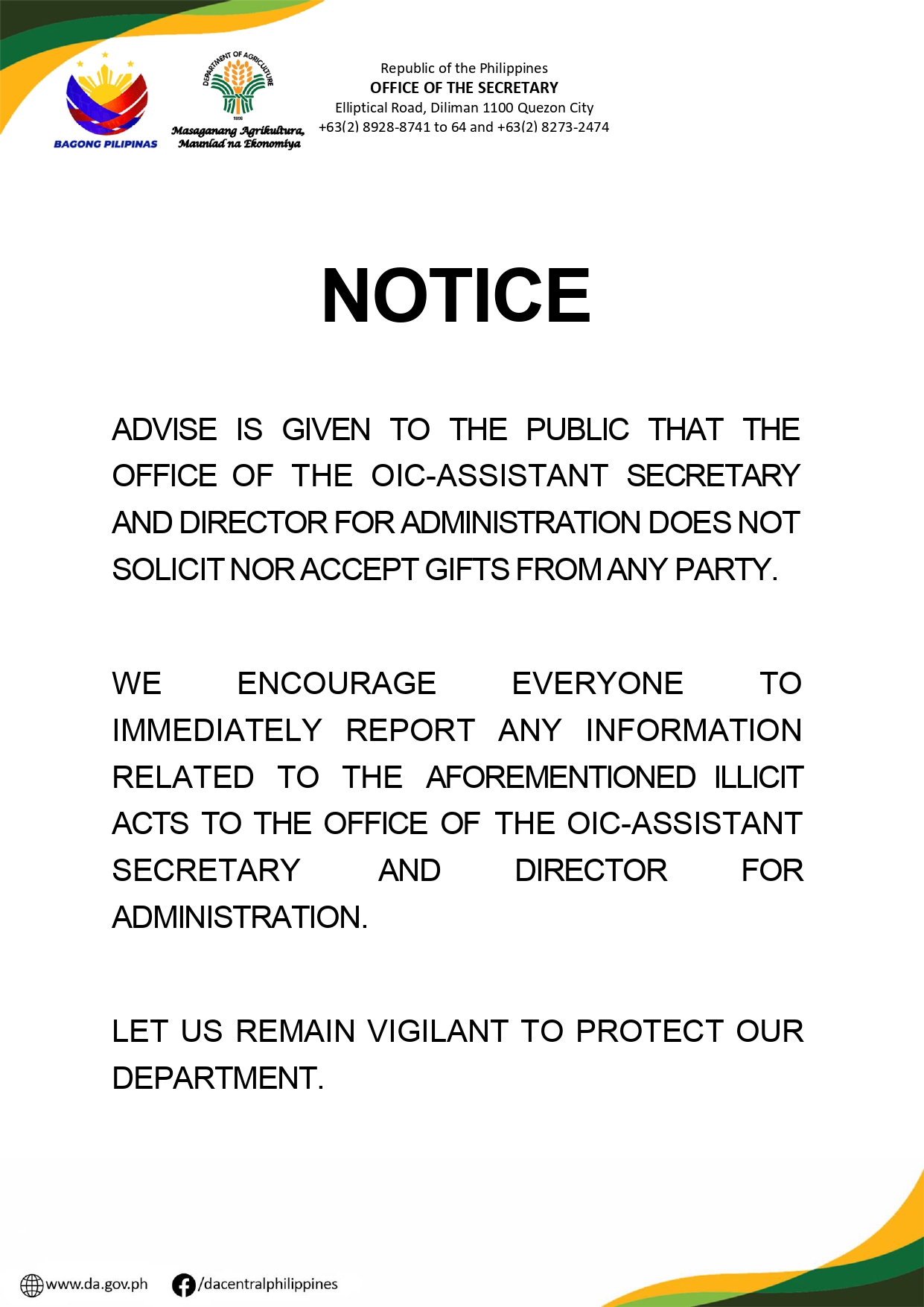
The Philippines and France have signed an administrative arrangement that aims to promote bilateral trade and cooperation in agricultural, fishery and food products on September 26, 2017 at New World Manila Bay Hotel. It will establish a Joint Agricultural Steering Committee (JASC) that would implement the administrative arrangement and facilitate linkages between the relevant organizations, companies and key stakeholders of the two countries in each of the defined areas of cooperation.
The signing of this bilateral agreement coincides with the 70th anniversary of the establishment of diplomatic relations between France and the Philippines this year.
To contribute further to this event, the DA and the Embassy of France to the Philippines, together with the ASEAN Center for Biodiversity (ACB), the International Rice Research Institute (IRRI), the Department of Science and Technology Philippine Council for Agriculture, Aquatic and Natural Resources Research and Development (DOST-PCAARD), the Southeast Asian Regional Center for Graduate Study and Research in Agriculture (SEARCA), and the University of the Philippines Los Baños (UPLB), have co-organized the Philippines-France Forum on Agriculture preceding the signing ceremony. Multi-sectoral groups and researchers from France and the Philippines have come together to share scientific, socially, and environmentally efficient strategies in addressing the problems faced by stakeholders on the effects of climate change on food security. The forum aimed to give concrete science-based leads and recommendations to DA Secretary Emmanuel F. Piñol, as well as highlight possible areas of collaboration between France and the Philippines.
The forum commenced with the presentation of national agricultural policies by Agriculture Undersecretary Ariel T. Cayanan and Ms. Héloïse Pestel, Director for International Affairs of France’s Ministry for Agriculture and Food. Undersecretary Cayanan presented the research and development priorities and policy directions of the Philippines on climate change and food security, while Director Pestel presented the national action plan of France on agro-ecology and its impact on agricultural policies and practices.
The first session of the forum focused on agro-biodiversity. The presentation from the Bureau of Soils and Water Management (BSWM) on the sustainable land management and agricultural practices in the Philippines concluded the need for effective knowledge management, decision support, and an enabling environment for successful adoption and implementation of sustainable land management. The French, on the other hand, presented the “4 per 1000” initiative implementation, to which the Philippines is a signatory.
Livestock and animal health was the main topic of the second session in which the Bureau of Animal Industry (BAI) shared the lessons learned from the recent Avian Influenza outbreak. This was followed by the “Ecoantibio” plan presentation which details the French experience and national action of containing antimicrobial resistance in the veterinary sector.
The third session tackled market integration of smallholder farmers in both countries. DA presented its policies and programs, while France shared its policies aimed at modernizing family farms. SEARCA, a regional center for agriculture hosted by the Philippine government, convened this session along its focus on inclusiveness toward uplifting the plight of smallholder farmers. SEARCA has a standing memorandum of understanding through which French expertise and resources may be brought to bear on agricultural and rural development concerns in the Philippines.
The International Rice Research Institute (IRRI), an independent, nonprofit research and educational institute presented a study on upgrading rice value chain in the Philippines. The research underscore the importance of tailoring rice varieties to both market trends and the climate change to help rice farmers become more climate-resilient and competitive.
As innovations have been seen as one of key strategies to improve agricultural practices and sustainability, agricultural technology and modernization was discussed in the last session. DA shared its country-wide strategy for precision farming in the Philippines, and MAF presented the extension services and the dissemination of innovation in France.
The Philippine Rice Information System (PRISM) project of IRRI and DA provides accurate and timely information to farmers on where, when and how much rice is grown in the country, assess crop health and damages caused by flood and drought.
In these four sessions, representatives from the French Agricultural Research Center for International Development (CIRAD) and the National Institute of Agricultural Research (INRA), as well as several private actors particularly committed in R&D to implement sustainable practices, traveled from France to share insights from their work and discuss with their Filipino counterparts the best synergies between the French and Filipino agricultural models.
The Philippines and France remain committed to working together in promoting innovative and sustainable agricultural practices, as well as climate adaptation strategies for quality food to be available in every table and in the long term. # # #
Reference:
International Affairs Division
Department of Agriculture
Elliptical Road, Diliman, Quezon City 1101
Republic of the Philippines
Direct Line (+63) (02) 920 40 86 to 87















